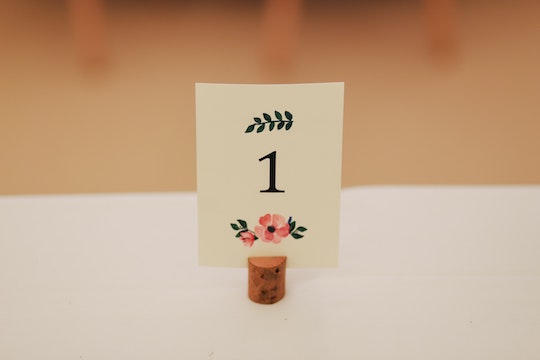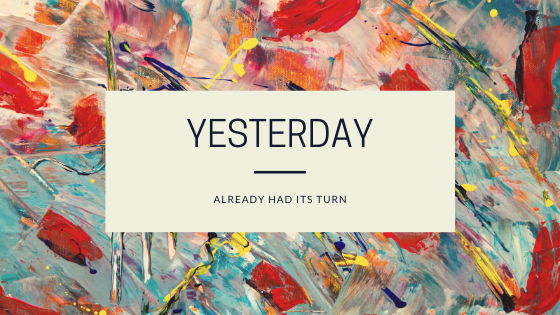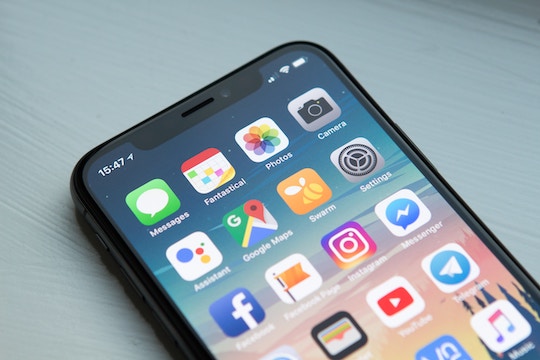“I think you should always bear in mind that entropy is not on your side.”
—Elon Musk, entrepreneur, investor, and business magnate
I’ve recently noticed more and more people in my communities simplifying their lives as they age. Entropy causes both people and things to fall apart, and it takes considerable energy and effort to keep things in working order. With this in mind and with the hands of time always turning, we get to choose where to focus our energies to keep our most essential life elements going and slow entropy’s inevitable victory.
EXERCISE:
What essential infrastructure projects in your life are getting the most attention and energy? Where do the issues of health and quality relationship stand on your list of priorities? What other areas are most important to maintain in good working order for as long as possible?










